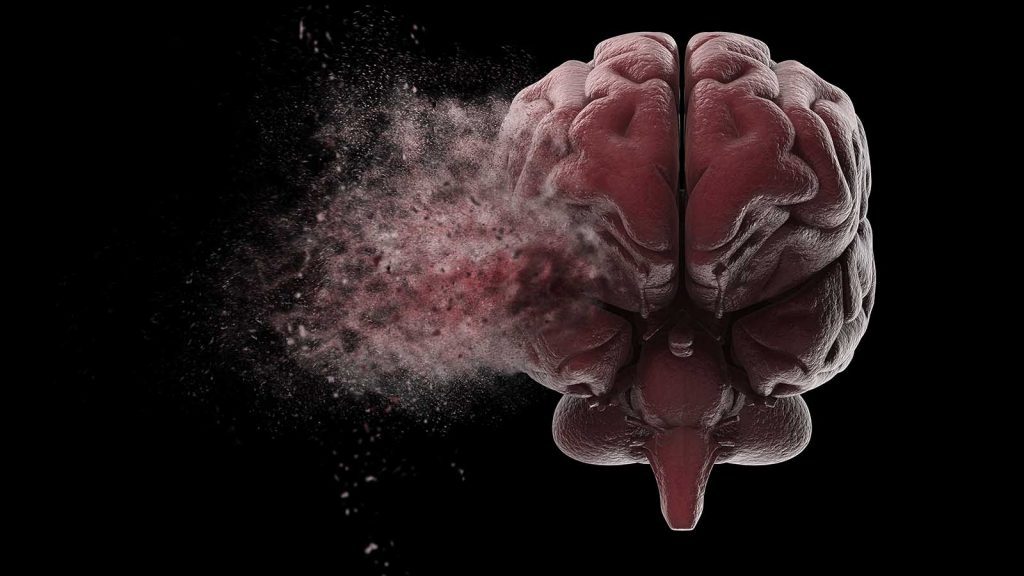Everything You Need to Know About This Category of Drugs
What Is A Chemical Imbalance?
When someone has a chemical imbalance, it means that their brain either has an insufficient or excessive number of chemicals called neurotransmitters. Neurotransmitters, such as norepinephrine and serotonin, help ease the communication between nerve cells. Essentially, neurotransmitters keep your mind at a steady level as long as there is an appropriate amount of them. When someone has too many or not enough neurotransmitters in their brain, they have what is known as a chemical imbalance.

The exact causes of chemical imbalances are unclear, but several social and environmental factors could play a role. For example, someone who has experienced serious trauma in childhood is more likely to have a chemical imbalance in adulthood.
Chemical imbalances are closely associated with mental health conditions like depression and anxiety. However, if someone has a chemical imbalance, it does not guarantee that they have or will develop a mental health condition.
How Do You Know When You Have A Chemical Imbalance?
Since chemical imbalances are something that develop overtime in the brain, it may be hard to tell when you’re experiencing it yourself. Here are some of the most common signs and symptoms of chemical imbalances:
- Overeating or loss of appetite
- Restlessness
- Insomnia or sleeping too much
- A feeling of impending danger
- Feelings of sadness or hopelessness
- Distancing from others
- Lack of energy
- Lack of empathy
- Extreme changes in mood
- Thoughts of harming yourself or others
- Difficulty with day-to-day activities
- Difficulty concentrating
- Drug or alcohol misuse or abuse
How To Balance the Chemicals in Your Brain
Once you determine if you have a chemical imbalance, you can begin to treat the symptoms you’re feeling. To adjust the amount of neurotransmitters in your brain, a doctor or psychologist may prescribe a type of medication that changes chemical levels by blocking reabsorption.
There are also natural activities that may help increase the levels of serotonin in your brain, such as taking regular walks, meditating, and exercising or practicing yoga. Individuals experiencing chemical imbalances could also benefit from counseling, therapy, and support meetings. One-on-one and group conversations may help an individual understand what they’re feeling and realize that they are not alone.
To learn more about the basics of chemical imbalances and mental health conditions, contact our team of mental health and substance abuse treatment specialists by calling 267.209.7313 .



